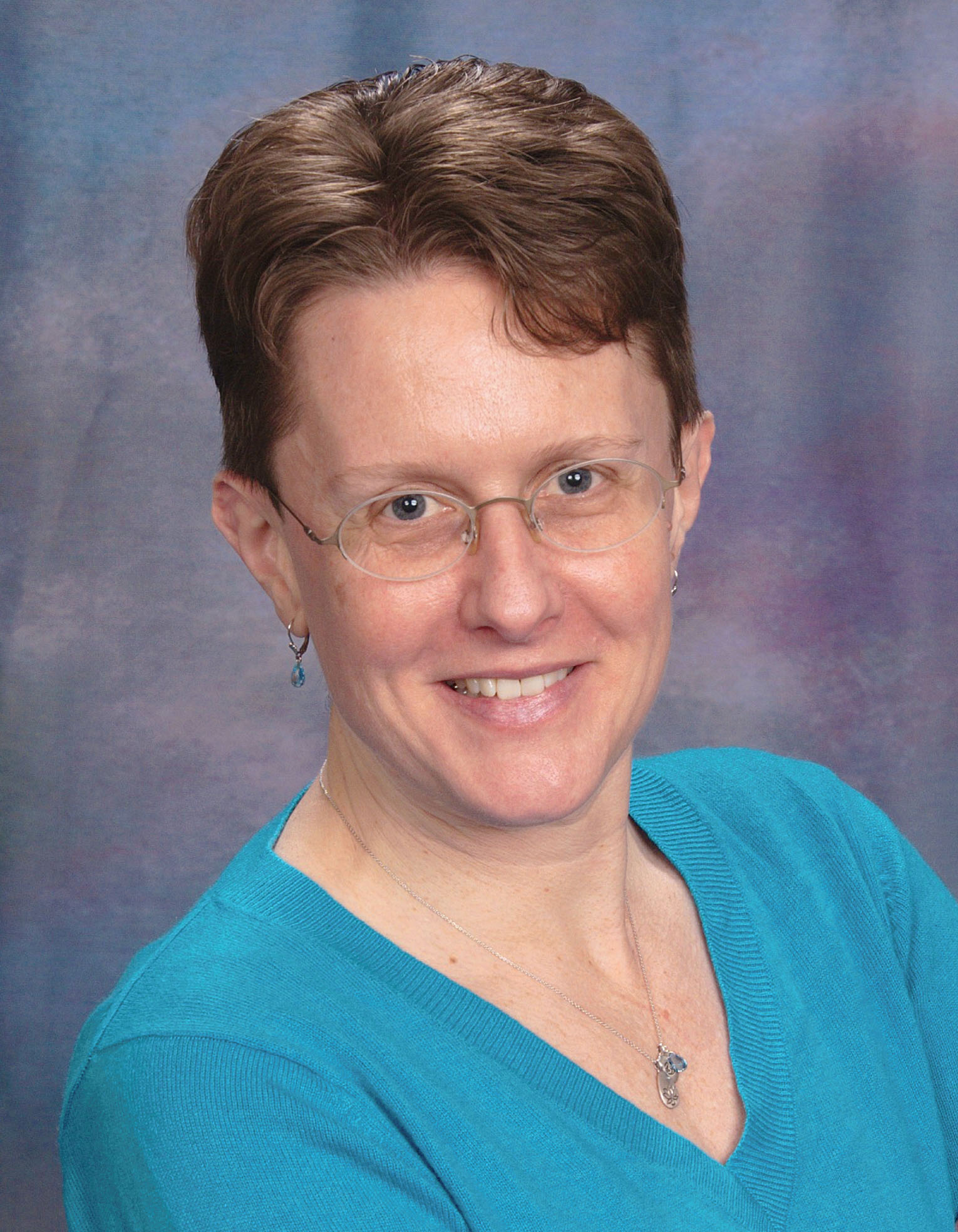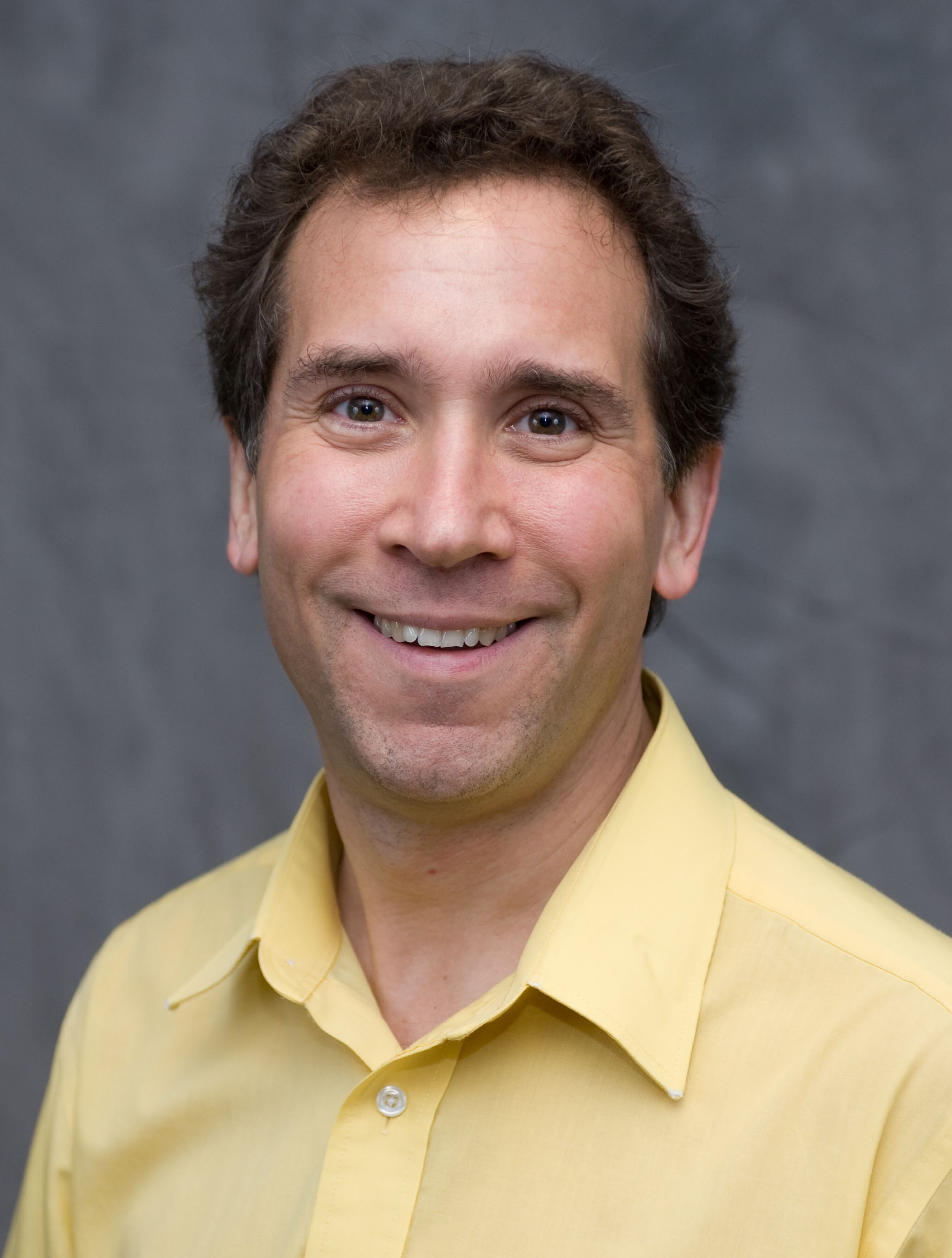
|
ACM TURC 2017 (SIGCSE China)
The ACM TURC 2017 (SIGCSE China) conference is a new leading international forum at the intersection of computer science and the learning sciences, seeking to improve practice and theories of CS education. ACM TURC 2017 will be held in Shanghai, China, 12-14 May, 2017. We invite the submission of original rigorous research on methodologies, studies, analyses, tools, or technologies for computing education.
Previous SIGCSE China Call for Papers.
ACM TURC '17 SIGCSE Symposium Best Paper Award Announcement:
Best Paper of SIGCSE Symposium: Ming
Zhang and Jile Zhu. A Data-Driven Analysis of Student Efforts and Improvements on a SPOC Experiment. In the ACM TUR-C '17: Proceedings of the ACM Turing 50th Celebration Conference - China.
Best Student Paper of SIGCSE Symposium: Haoyu Zhou, Yushan Zhou, Haifeng Zhang, Houjun Huang, and Wenxin
Li. A Competitive and Interactive Platform for Game AI Education. In the ACM
TUR-C '17: Proceedings of the ACM Turing 50th Celebration Conference -
China.
Program
2017-05-13: SIGCSE China Symposim
Keynote Speech 1 |
|
14:00-14:40 |
Amber Settle, De Paul University SIGCSE Chair |
Keynote Speech 2 |
|
14:50-15:30 |
Mark Guzdial, Georgia Tech, ACM Fellow |
Research Track Session 1 |
|
15:40-15:55 |
Ming Zhang, Jile Zhu (Peking University) A Data-Driven Analysis of Student Efforts and Improvements on a SPOC Experiment |
15:55-16:10 |
Xiaohua Tian, Jiaqi Liu, Xinbing Wang (Shanghai Jiaotong University ) Streamline Architecture of Network Simulator to Facilitate Teaching of Computer Networking |
16:10-16:25 |
Yuxiang Zhang, Yu Chen, Xiaojian Ma, Yuhan Tang, Yilin Niu, Weidong Liu, Shanshan Li (Tsinghua University ) Remote FPGA Lab Platform for Computer System Curriculum |
16:25-16:40 |
Yunfan Chen, Ming Zhang (Peking University) MOOC Student Dropout: Pattern and Prevention |
16:40-16:55 |
Yao Guo, Junlin Lu, Yifeng Chen, Ming Zhang, Wenxin Li (Peking University ) Hybrid Small Class Teaching: Dividing and Conquering Large Computer Systems Classes |
16:55-17:10 |
Haoyu Zhou, Yushan Zhou, Haifeng Zhang, Houjun Huang, Wenxin Li (Peking University) A Competitive and Interactive Platform for Game AI Education |
Panel 1 |
|
17:10-18:00 |
Amber Settle, Dan Garcia, Mark Guzdial,
Xinbing Wang, Bo Yang, Xi Wu and Ming Zhang |
2017-05-14: SIGCSE China Symposium
Panel 2 |
|
14:00-14:50 |
Amber Settle, Bobby Schnabel , Dan Garcia,
Dan Feng, Hong Gao, Bo Yang and Ming Zhang |
Keynote Speech 3 |
|
15:00-15:40 |
Dan Garcia, UC Berkeley, ACM Distinguished Educator |
Research Track Session 2
|
|
15:50-16:00 |
Yu Zhang, Xianglan Chen, Jianliang Lu (University of Science and Technology of China), Xin An (Hefei University of Technology), Xuejun Li (Anhui University) Building Step-by-Step Practical Curriculum System for Computer Systemic Ability Training |
16:00-16:10 |
Bin Xu, Kexin Li, Kening Gao, Changkuan Zhao, Ge Yu, Jinshuang Li (Northeastern University) |
16:10-16:20 |
Ruobin Wang, Nannan Cheng, Bin Xiao, Chuntao Du (North China University of Technology), Fengxia Li (Beijing Institute of Technology), Jiandong Wang (China University of Mining and Technology) How Does Web-based Virtual Reality Affect Learning? Evidences from a Quasi-Experiment |
16:20-16:30 |
Maoyang Zou, Xi Wu (Chengdu University of Information Technology ) Research on Quantitative Quality Evaluation Method Based on Double Cycles |
16:30-16:40 |
Qiang Liu, Wentao Zhao, Dan Liu (National University of Defense Technology), Jiao Ji (Central South University) Evaluation of Situational Case-Based Teaching Technique in Engineering Education |
Research Track Session 3
|
|
16:50-17:00 |
Bo Li,Xiaobin Zhang,Ning Wu (Xi'an Jiaotong University) Computer Teaching and Experiment Center, Xi'an Jiaotong University |
17:00-17:10 |
Hongzhi Wang (Harbin Institute of Technology), Jie Zhu (Huazhang Books) The Design of Course Architecture for Big Data |
17:10-17:20 |
Shumin Shi, Heyan Huang, Jun Zheng (Beijing Institute of Technology) From the Perspective of Teaching Scheme: Cultivating and Training Undergraduates Driven by Engineering Education Accreditation |
17:20-17:30 |
Jumin Zhao,Yanxia Li, Dengao Li, Xinyan Liu, Jie Zhou, Shimin Huo (Taiyuan University of Technonogy) Tide and Shock: The Influence of Modern Teaching Methods on Educational Reform |
17:30-17:40 |
Yanchun Sun, Chao Xin (Peking University) Using Coursera Clickstream Data to Improve Online Education for Software Engineering |
Keynotes
 |
Title: Refocusing Academic Integrity to Enhance Learning Abstract: Academic integrity in computing education is a source of confusion and disagreement, both on the part of students and faculty. Institutional academic integrity policies are often not appropriate for computing assessments, and polices designed by computing faculty tend to be reactive rather than proactive. This can produce an environment in which the focus of computing educators is on detection and punishment rather than on prevention, turning students and faculty into adversaries. Further complicating the matter is the gap between academic and industry policies and beliefs regarding collaboration and code reuse. In this talk I introduce a new approach to the development of academic integrity policies, one that aligns academic integrity with learning goals. Several sample policies for courses at various levels in the undergraduate curriculum are shown to demonstrate the flexibility and generalizability of the approach. Bio: Amber Settle is an Associate Professor in the School of Computing at DePaul University and has been on the fulltime faculty since 1996. She earned a B.S. in mathematics and a B.A. in German from the University of Arizona, and a M.S. and Ph.D. in computer science from the University of Chicago. Dr. Settle’s research interests include computer science and information technology education and theoretical computer science. Dr. Settle was named as a Vincent DePaul Professor in 2004. She has served on the Advisory Board for the ACM Special Interest Group for Computer Science Education (SIGCSE) since 2010 and is currently the Chair of SIGCSE. Dr. Settle has also served on the program and/or conference committees for RESPECT 2016, SIGITE/RIIT 2013, 2014, and 2015, and ITiCSE 2013. She has been a Senior Member of the ACM since 2011. |
 |
Title: Improving Success in Computer Science Education Using Lessons from Learning Sciences Abstract: Learning computer science is difficult, as multiple international studies have demonstrated. We still understand too little about the cognitive difficulties of learning programming, but we do know that we can improve success by drawing on lessons from across learning sciences. In this talk, I will describe three examples, where we improve success in learning computer science through application of lessons and models from the learning sciences. We help non-technical students learn programming by using models of student motivation. We increase the value of on-topic discussions in a collaborative forum by drawing on lessons from anchored instruction. We have improved learning and transfer of knowledge about programming by using subgoal labeling to promote self-explanations. Bio: Mark Guzdial is a Professor in the School of Interactive Computing in the College of Computing at Georgia Institute of Technology. He studies how people come to understand computing and how to make that more effective. He leads the CSLearning4U project to create ebooks to help high school teachers learn CS. He is one of the leaders on the NSF alliance “Expanding Computing Education Pathways" which helps US states improve and broaden their computing education. He invented Media Computation which uses media as a context for learning computing. With his wife and colleague, Barbara Ericson, he received the 2010 ACM Karl V. Karlstrom Outstanding Educator award. He is an ACM Distinguished Educator and a Fellow of the ACM. |
 |
Title: Bringing “Trustworthy Network Big Data” Ideas to High School Students Abstract: In an effort to broaden participation in computing to traditionally underrepresented students in the United States, a new course was developed by the College Board called Advanced Placement Computer Science Principles (AP CSP). This is a high school course modeled after introductory "computing for non-majors" University courses. The curriculum framework for this groundbreaking class contains seven "big ideas": Creativity, Abstraction, Data, Abstraction, Programming, The Internet, and Global Impact. Our Beauty and Joy of Computing (BJC) course is one of the endorsed curricula for AP CSP, and we have offered professional development to over two hundred high school teachers over the past six years. Using the blocks-based visual programming language "Snap!" (based on Scratch), we have brought the powerful ideas behind trustworthy network big data to more than ten thousand learners. Bio: Dan Garcia received dual B.S. degrees in Computer Science and Electrical Engineering from MIT in 1990; and an M.S. and Ph.D. in Computer Science from UC Berkeley in 1995 and 2000, respectively. He joined the CS faculty at UC Berkeley in 2000, won the departmental Diane S. McEntyre Award for Excellence in Teaching in 2002, the departmental Information Technology Faculty Award for Excellence in Undergraduate Teaching in 2004 and was chosen as a UC Berkeley "Unsung Hero" in 2005. He is active in SIGCSE, is recipient of the ACM Distinguished Educator Award, is a member of the ACM Education Board, and is the faculty co-advisor for BFOIT, a wonderful Berkeley outreach effort. |
Organization
PC Co-Chairs:
Ming Zhang (Peking University)
Weidong Liu (Tsinghua University)
Publication Chair
Junlin Lu (Peking University)
PC members:
Juan Chen (National University of Defense Technology)
Wenzhi Chen (Zhejiang University)
Wei Dong (National University of Defense Technology)
Aili Han (Shandong University)
Fei Han (Higher Education Press)
He Jiang (Dalian University of Technology)
Bo Li (Xi-an Jiaotong University)
Junlin Lu (Peking University)
Tian Song (Beijing Institute of Technology)
Yanchun Sun (Peking University)
Lin Wang (University of Jinan)
Hongzhi Wang (Harbin Institute of Technology)
Xinbing Wang (Shanghai Jiao Tong University)
Wenjun Wu (Beihang University)
Sheng Xiao (Hunan University)
Bo Yang (University of Jinan)
Jianping Yin (National University of Defense Technology)
Chunfeng Yuan (Nanjing University)
Li Zhang (China Agricultural University)
Yu Zhang (University of Science and Technology of China)
Jumin Zhao (Taiyuan University of Technology)
